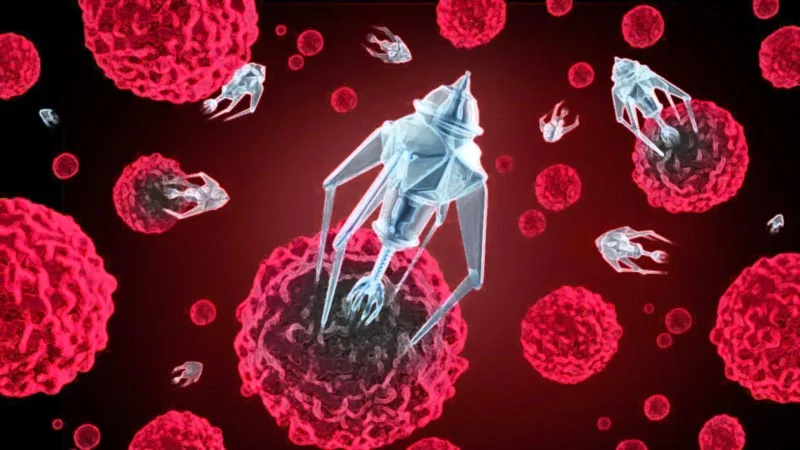Ray Kurzweil, the famed inventor and former Google engineer, has reignited a futuristic debate with one bold prediction: by 2030, humans may conquer death.
Kurzweil believes that nanobots—tiny molecular machines—will soon be able to repair our cells, eliminate diseases, and even reverse the aging process. Sound like sci-fi? It might be closer to reality than most think.
Thanks to massive breakthroughs in AI, biotechnology, and nanomedicine, Kurzweil’s vision doesn’t seem quite so far-fetched. Labs across the globe are already working on precision nanodevices capable of targeting cancer cells, delivering drugs at the cellular level, and enhancing human biology.
At the same time, AI-driven genomic analysis is accelerating our understanding of DNA, allowing for targeted interventions in age-related decline. Aging, once thought to be irreversible, is now seen by some scientists as just another biological process—one that might be hacked.
Of course, not everyone agrees. Critics say that Kurzweil’s timeline is too optimistic, and the ethical questions are massive: Who gets to live forever? At what cost? Still, the underlying science is progressing at breakneck speed.
Whether or not immortality is achieved by 2030, one thing is clear: we are no longer talking about “if,” but “when.”
Kurzweil has been right before—predicting the rise of smartphones, AI, and cloud computing. This time, he’s not just forecasting the next tech trend. He’s predicting the end of biological death.
Scientists Deploy DNA Nanobots That Hunt and Kill Cancer Cells — Without Touching Healthy Tissue


